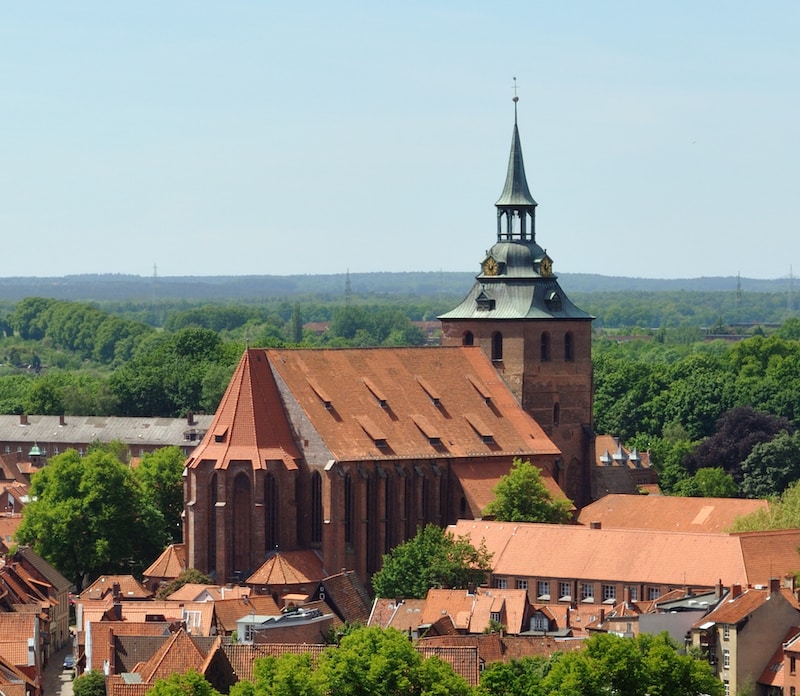Johann Sebastian Bach was a renowned composer and musician who lived between 1685 and 1750. He is one of the most celebrated composers of all time and regularly tops lists of the greatest composer of all time.
Apart from composing music, he was outstanding at building and playing organs, playing and setting the harp, and conducting music. Bach also enhanced several works created by previous generations. Some of his most famous works include “The Mass in B Minor,” “The Well-Tempered Clavier,” and “Brandenburg Concertos.”
So, to help you learn more about the great composer, here are 13 interesting facts about Johann Sebastian Bach you should know. Let’s begin!
Related: Check out our list of the greatest German composers here.
1. He was born into a family of musicians
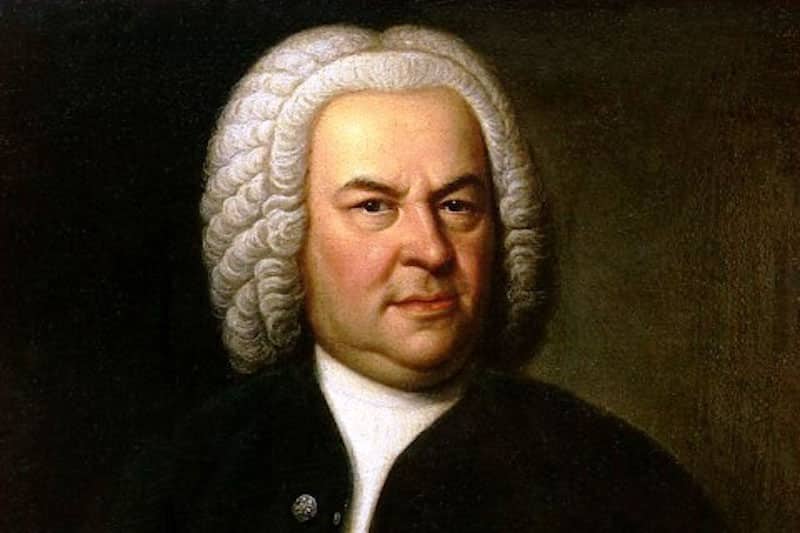
Nearly all of the Bach family were quite musically inclined. His father directed music in town while some of his uncles and close relatives were professional musicians.
His brothers were also professional musicians. The family was known to produce more than 50 known musicians across seven generations.
To get started in music, Bach went to the St. Michael’s School in Lüneburg to learn music for two years. He then left for Germany to take up different music jobs, including being the music director for Prince Leopold and several Lutheran churches.
2. His elder brother played a role in his success
Bach lost both his parents at the tender age of 10, and his elder brother took care of him after their death.
At his brother’s home, he learned some valuable music lessons, including playing the organ at St. Michael’s church and learning to play the clavichord.
The musician learned much of his early music from his brother. He also copied styles and types of music that he heard his brother play, some of which were private.
Bach also learned Italian, Greek, Latin, and French while living with his brother.
Related: Check out our list of Bach’s greatest piano pieces.
3. His teachers encouraged Bach to find solutions
Bach’s teachers in St. Michael’s School were innovative and demanded the same from their students. They also encouraged students to think critically and come up with solutions to problems presented to them.
St. Michael’s School was attended by students from all parts of the country, most of whom were from affluent families.
The interaction, along with the mode of teaching at the school, helped open the mind of the young Bach to set and achieve his goals.
4. He started to shine in the church
Bach’s first assignments were to work in the church.
Some of his notable contracts were playing as an organist at St. Michael’s church. His exemplary organ skills got him into the good books with the church leadership.
He also worked as a composer in Cothen and later as a musical director at St. Thomas. The fame for his good work opened more doors for work.
5. Much of his work was unappreciated when he was alive
Bach is said to have composed over 1,000 musical pieces during his lifetime. Unfortunately, some of his work was not appreciated, as people considered it old-fashioned.
After his death, his music was not played for some time and hence was forgotten by the public.
It was not until German composer Felix Mendelssohn played Bach’s signature composition “St. Matthew Passion” that musicians remembered his works and started playing his pieces.
A century after his death, people started to take an interest in his music and played lots of songs.
Related: Facts about Felix Mendelssohn.
6. He fathered four famous musicians
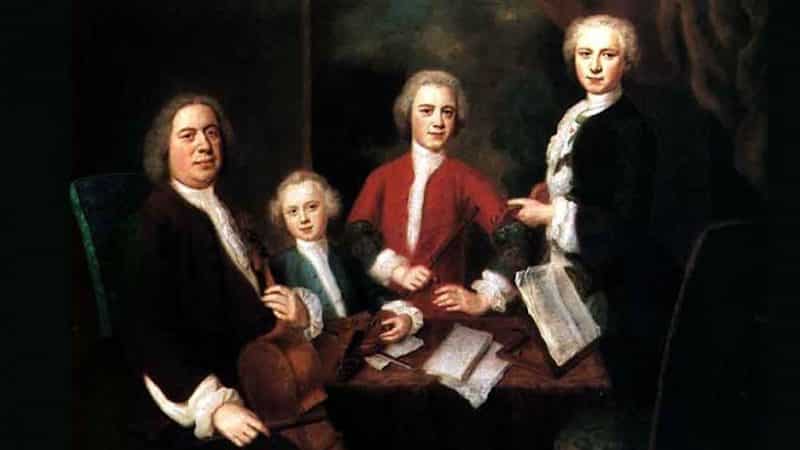
Bach got married twice: his first wife was Maria Barbara, with whom he had seven children, and his second wife was Anna Magdalena, with whom he had 13 children.
He had 20 children in total, but only 10 of the children survived to become adults: six boys and four girls.
Of his children, four sons took after their father and became professional musicians and composers: Wilhelm Friedemann, Carl Philipp Emanuel, Johann Christoph Friedrich, and Johann Christian.
It is said that his other children became fond of their father’s music later in life and played it regularly in their concerts.
7. He married his cousin
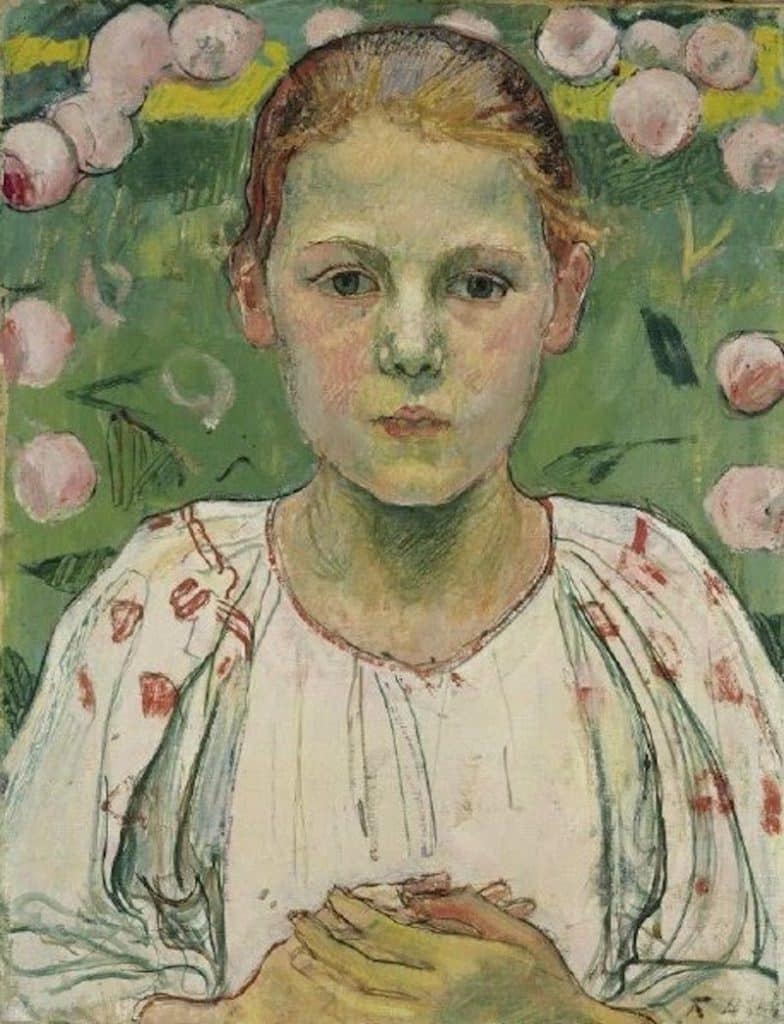
His first wife, Maria, was actually his second cousin. Back in the 18th century, it was common for relatives to be married to each other. Because of that, Maria did not have to change her surname due to their familial relationship.
Despite being part of a family of musicians, it is said that Maria was not as much into music as he was. This is probably one of the possible reasons that Bach created very few compositions at the time.
Bach and Maria lived as a couple until her death when she was only 35.
His second wife, Anna, however, helped him write most of his compositions, although no work was credited to her.
8. He had eye surgery that worsened his eyesight
Bach developed cataracts in 1750, which affected his eyesight. When the condition got worse, he sought the help of Dr. John Taylor, who recommended surgery to remove the problem.
Unfortunately, the level of understanding of the condition and quality of surgery at the time was not at its best.
The surgery was unsuccessful. Instead of getting better, Bach’s eyesight got worse, and he eventually became blind.
After the operations, he also suffered from several infections, which led to his demise shortly afterward.
9. He was a very strict teacher
Aside from being a composer and musician, Bach was also a mentor and trained various groups in music. Most of these groups were choir members and singers.
While he was working as an organist in the church, Bach did not get on well with church members, as he always complained that they were not of high standard.
At some point, he was attacked by students and had to call security.
Bach took a leave for four months after he was asked to take it easy on the students and choir members, which upset the employer.
10. He worked with Prince Leopold
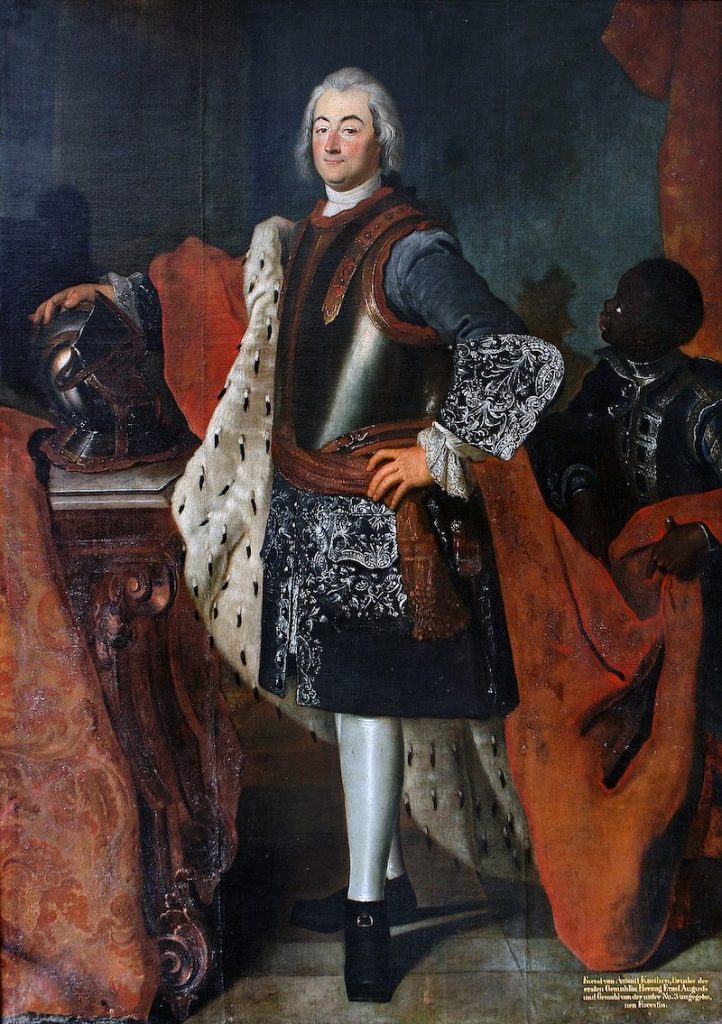
Bach worked with Prince Leopold of Anhalt-Kothen, one of the most prominent people during that time. Leopold heard of Bach’s good reputation and decided to hire him as a music director in 1717.
Bach and Leopold had an excellent working relationship, such that the prince became a godfather to one of the Bach sons.
Leopold was also a great music enthusiast and loved playing instruments. He paid Bach handsomely for working with him.
It is said that Bach had the best part of his career and life working with the prince.
11. He was a fan of Dieterich Buxtehude
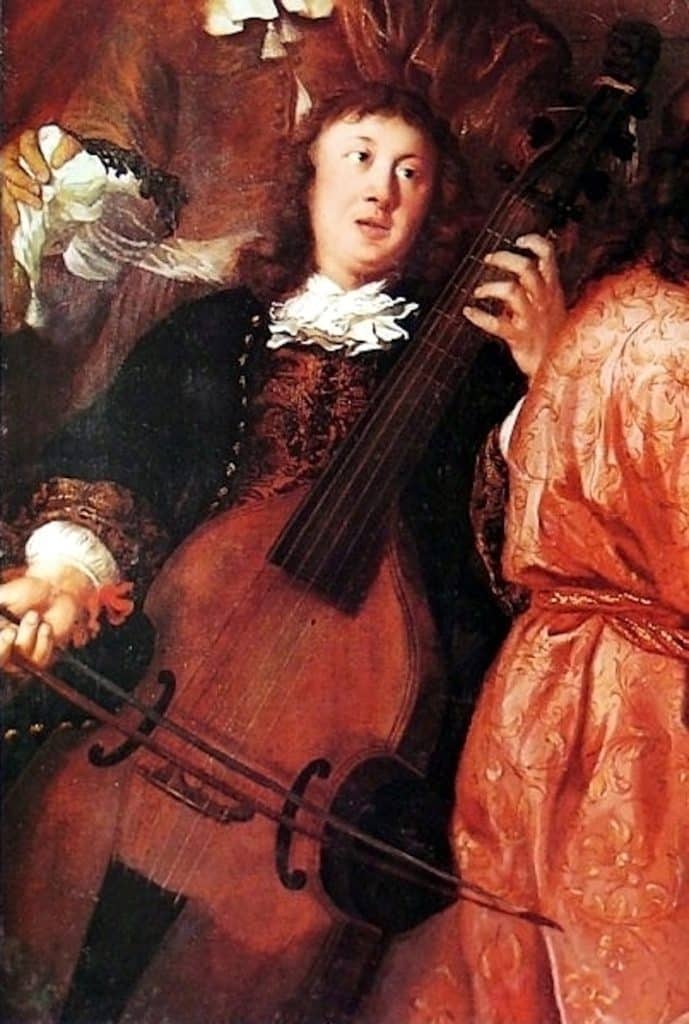
Bach loved to hear fellow organist Dieterich Buxtehude play, so he would visit him 200 miles away from his home.
Due to the distance, the journey would take several days and be very tiring. However, Bach’s love for Buxtehude’s music made the journey look so short.
At one point, Bach took a month’s leave from work and decided to visit Buxtehude.
He is said to have enjoyed watching the musician play so much that he extended the leave for an extra three months without permission.
12. The final phase of his career was at the church
After spending considerable time working under Prince Leopold, the governor decided to dissolve his orchestra in 1723, so Bach had to look for a new job.
The opportunity came at St. Thomas’s school and church in Leipzig.
He was the school’s cantor and the music director for the four churches affiliated with St. Thomas’s church.
Sebastian composed some of his best-sacred pieces during this time, including the “St. Matthew Passion,” “Christmas Oratorio,” “Mass in B Minor,” and the “Goldberg Variations.”
He also directed countless gospel songs written by other musicians.
13. He spent some time in prison
In 1703, Duke Johann Ernst III hired Bach to work as an organist in Weimer, where he composed the famous “Toccata in D Minor.”
Unfortunately, he requested to be released from his position only to take up a job with Prince Leopold. This did not sit well with the duke, who had him arrested and put in prison.
Bach is said to have spent several weeks in jail. Upon his release, he went straight to Prince Leopold and worked as a conductor in his court orchestra band.
Wrapping Up Our List Of Lesser-Known Facts About Johann Sebastian Bach
Johann Sebastian Bach was a renowned composer, organist, and pianist and is considered one of the greatest musicians of the late Baroque era.
Despite losing both parents at ten years and many other challenges, he went on to become one of the most prominent leading musicians, music directors, and organists of his era.
His fame spread far and wide across Europe, which led him to work with the nobles and kings of the day. Interestingly, his career started and ended in the church.
Five of the ten children that survived him followed in his footsteps. His legacy to the music industry continues up to this day.

